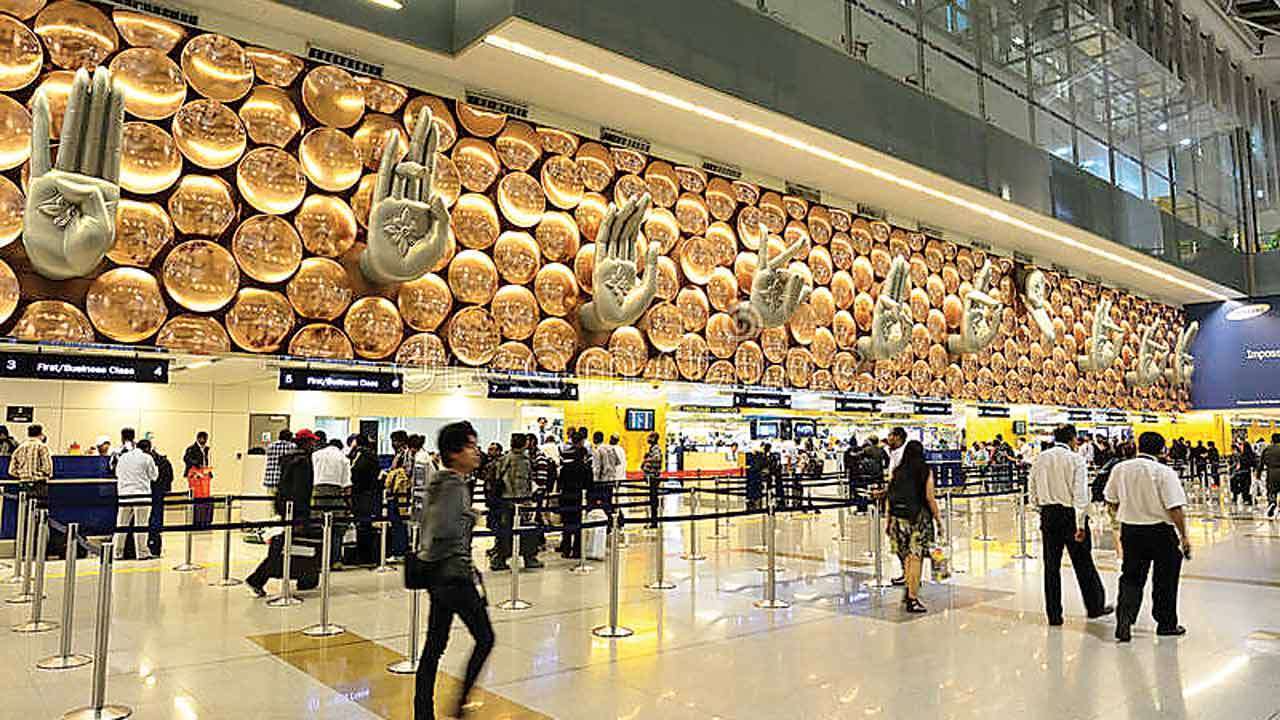There are various types of Indian visas that a foreign national can apply for, depending on their purpose of travel to India. Each visa has its own set of eligibility requirements, so it is important to know which one is right for you before applying.
Title: Copywriting Tips for the Travel Industry
Description: If you work in the travel industry, you know that your job is all about making people happy. Whether you’re booking a hotel room, arranging a tour, or just recommending a restaurant, your goal is to make sure that everyone leaves your office with a smile on their face. Here are some tips for writing copy that will make you even more successful in your career as a travel copywriter! TYPES OF INDIAN VISA
What is a visa?
A visa is a document that allows a person to enter a country. There are many different types of visas, and each one has its own requirements.
If you are planning to visit India for tourism or business, the most common type of visa you will need is a tourist visa. To get a tourist visa, you will need to provide documentation proving that you have enough money to cover your stay and prove that you will not be staying in India longer than the duration of your visa.
If you are visiting India for other reasons, such as study or work, you may need to apply for a specific type of visa. For example, if you are planning to stay in India for more than six months, you will need to apply for an Indian work visa.
Types of Indian visas
There are a variety of visas that an individual from India can apply for, depending on the purpose of their visit and the country they will be visiting. The most common types of Indian visas are tourist visas, student visas, business visas, and work permits. Each type has its own set of requirements and benefits, so it is important to research each one carefully before applying.
Tourist visas allow visitors to stay in the country for a specific period of time with the intention of exploring it further. They are generally valid for up to six months and require a passport photo and a visa application form. Tourist visas are usually cheapest and easiest to get, but they do not give holders any legal rights in the country they’re visiting. INDIAN VISA TYPES
Student visas allow individuals to study in the country for a certain number of months or years, provided they have been accepted by a school or university there. They also require proof of enrollment, such as an admission letter or transcript. Student visas are usually more expensive than tourist visas but offer greater flexibility in terms of where you can study and how long you can stay.
Business visas enable foreign nationals to conduct business activities in the country for a specific period of time. They must have appropriate documentation showing that their company is legitimate and that their activities will not negatively impact local businesses. Business visas can be more expensive than other types of Indian visas but may be more beneficial if your goal is to establish yourself in the country long-term.
Work permits
How to get an Indian visa
If you are a foreigner who wishes to visit India for leisure, business, or on a pilgrimage, the most common type of visa you will need is an Electronic Travel Authorization (ETA). If you are visiting India for work, you may need to obtain a Work Visa.
To get an ETA:
1) Go to the Indian Embassy or Consulate nearest to your place of residence.
2) Complete an online application form.
3) Pay the fee.
4) Carry your passport and visa application form with you when you arrive in India.
5) Present your passport and application form at the immigration checkpoint when entering India.
What are the benefits of an Indian visa?
If you are considering a visa to visit India, there are a few things to keep in mind. Indian visas come in different types, and each has its own set of benefits and drawbacks. Here is a breakdown of the different types of Indian visas:
Tourist Visa: The tourist visa is the most common type of visa issued to foreigners visiting India. It allows you stay for 30 days and is valid for all purposes, including travel, shopping, and sightseeing. However, the tourist visa does not allow you to work or study in India.
Business Visa: If you are planning on doing business in India, a business visa is a good option. The business visa allows you stay for six months and is valid for any purpose, including conducting business meetings and tours. You must also provide evidence that your business will benefit the Indian economy.
Investor Visa: If you are an investor interested in investing in Indian companies, an investor visa is a good option. The investor visa allows you stay for three years and is valid for any purpose, including investment negotiations and tours of prospective investments. You must also provide proof that you have enough money to invest in the Indian market without causing any financial damage to the country.
General Visa: A general visa is good if you just want to visit India without doing any specific activities or spending any particular amount of time there. The general visa allows you stay for six months and is valid for all purposes, including travel, shopping,

